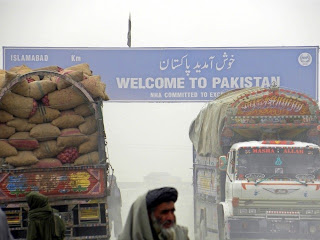The Election Commission of Pakistan (ECP) began the issuance of nomination papers for the upcoming elections to the respective candidates on Sunday, DawnNews reported.
Moreover, 400 monitoring teams were also formed to ensure implementation of the newly formed code of conduct for the upcoming elections in the country.
Each team would comprise of two security personnel and two cameras to record the proceedings on polling day.
Details of polling stations located in sensitive areas have been sent to the military authorities who have assured the ECP of full cooperation.
ECP further ordered for the removal of State Bank’s Deputy Governor, Ashraf Mahmood who was accused of non-transparent scrutiny of the candidates, within two day.
The distribution of 120,000 nomination forms had begun from Mar 15 till Mar 18.
According to the election schedule of 2013 issued by the ECP, The final date for the candidates to submit the nomination papers to the Returning Officers is March 29, 2013.
The nomination papers will be scrutinised from March 30 to April 5.
All appeals against these will be accommodated from April 6 to April 9.
The final decision on these appeals will be announced on April 16 whereas the last date for the withdrawal of candidature is April 17.







